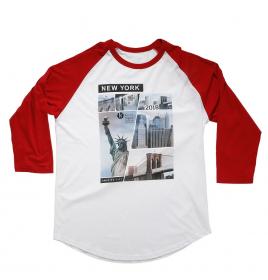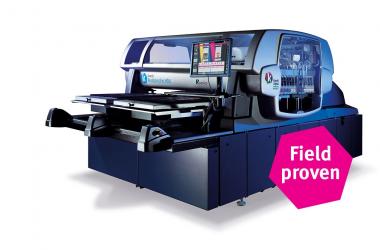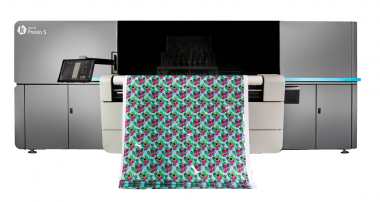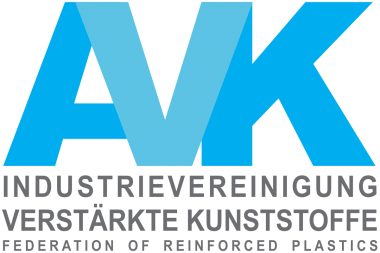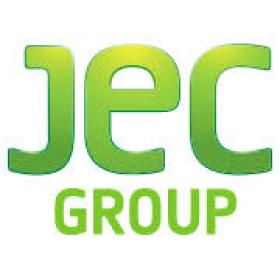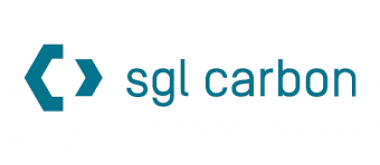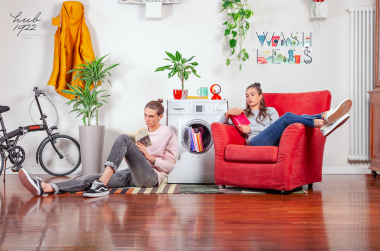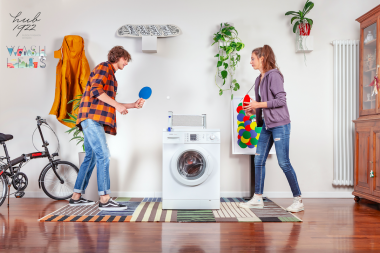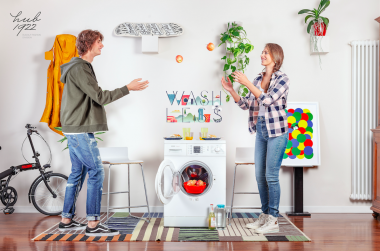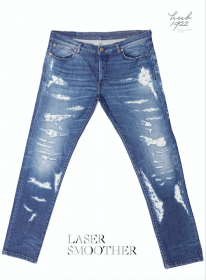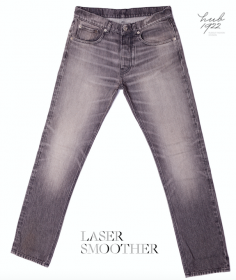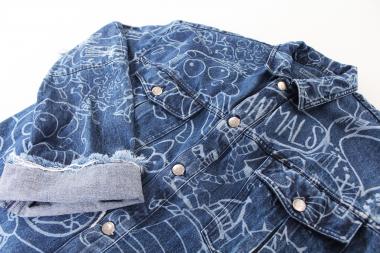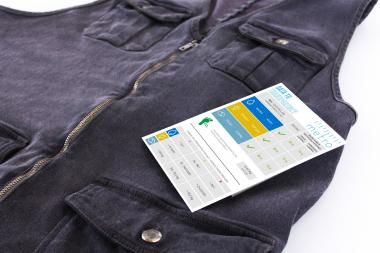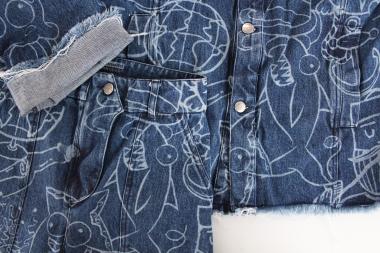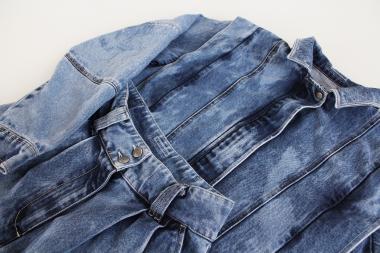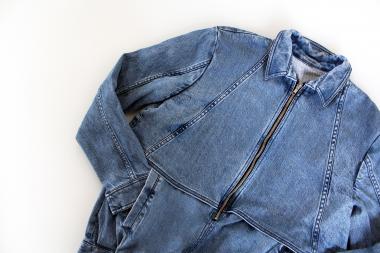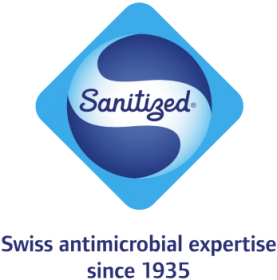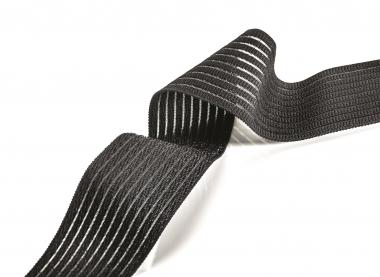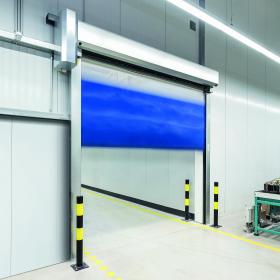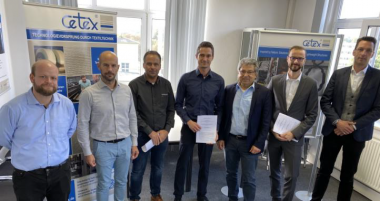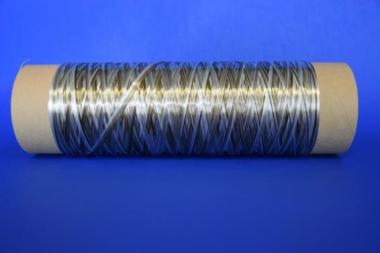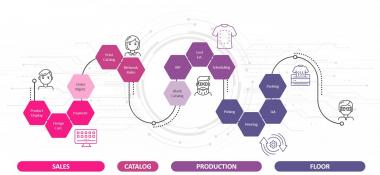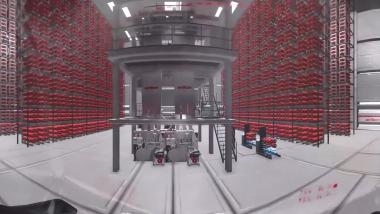Grup Transilvae moves into textile printing sector with Kornit partnership
- "We only promote products that we like and Kornit is offering a line up of technologically advanced equipment that can take our selected customers into the future of textile print on demand.”
- Responding to market needs for textile print on demand
Kornit Digital (Nasdaq: KRNT), a worldwide market leader in digital textile printing technology, continues to expand its market reach through Grup Transilvae partnership.
Founded in 1993 in Cluj, Grup Transilvae later expanded its reach nationally with a move to Bucharest. It has since developed into a complete solutions and services provider following partnerships with key industry manufacturers such as HP, MGI Digital Graphic Technology, Canon, Esko, Caldera, Efi, X-Rite - Pantone and Fotoba International etc. It has also more recently agree to support Matic, Highcon, Xlam, Sefa, Chemica and PlastGrommet. Now the company is increasingly focusing on the textile industry which is why it is partnering with Kornit.
CEO Bogdan Vasilescu explains: "We started with color management solutions, working on demand for Fogra with digitally printed DMI colors on textiles. We have also worked with Mimaki, Roland, Epson and Vutek on various projects including Eurotex Iasi, Zara and Rofobit in Bucharest. Eager to continue our growth spurt in the textile printing industry, we were looking for a trusted partner and Kornit was the obvious choice.”
"The collaboration with Kornit began officially in September and is a natural progression,” Vasilescu adds. “For a number of years, we have been considering ways to improve our offering by moving into textiles in the same way that we did for sign and display, home decor or packaging. We were just waiting for the right partner. We are always looking to collaborate with market leaders and we wanted to work with Kornit to tap into the potential of the print on demand textile market with an extensive textile printing portfolio.”
Grup Transilvae will represent all Kornit’s textile solutions, including Direct to Garment and Direct to Fabric, particularly for T-shirts, activewear, denim, fashion, beachwear, home textiles and fabrics.
Vasilescu continues: “We are looking forward to showing our existing customers how they can take advantage of the Covid 19 accelerated trends in digital print-on-demand and short-run print jobs. We will signpost how they can expand their application range, grow volumes and experience better ROI.”
Vasilescu concludes: “We only promote products that we like and Kornit is offering a line up of technologically advanced equipment that can take our valued customers into the future of textile print on demand.”
Omer Kulka, CMO at Kornit Digital states: “We are delighted to announce another great partnership with a distributor that is as passionate about our products and the textile printing industry as we are. Grup Transilvae has a long history of successfully entering new markets with leading manufacturers. We look forward to a long and happy partnership.”
Kornit


